Monolosin
✅ Relieves urinary symptoms
✅ Treats benign prostatic hyperplasia
✅ Improves urine flow
✅ Reduces prostate size
✅ Minimizes urinary retention
Monolosin contains Tamsulosin.
Product Overview
Monolosin is a medication containing the active ingredient Tamsulosin. It belongs to a class of drugs known as alpha-1 blockers, which work by relaxing the muscles in the prostate and bladder neck, making it easier to urinate. Monolosin is commonly prescribed to treat symptoms of benign prostatic hyperplasia (BPH), such as difficulty urinating, weak urine flow, and frequent urination, particularly in men. This medication comes in the form of oral capsules and is typically taken once daily.
Uses
Monolosin is primarily used to relieve symptoms associated with benign prostatic hyperplasia (BPH), a non-cancerous enlargement of the prostate gland that can cause urinary problems in men. It helps to relax the muscles in the prostate and bladder neck, allowing for easier urination and improved urine flow. Monolosin may also be prescribed for other off-label uses, such as the treatment of urinary retention or kidney stones.
How to Use
Monolosin capsules should be taken orally with a full glass of water, preferably 30 minutes after the same meal each day, to aid absorption and reduce the risk of side effects. Swallow the capsules whole; do not crush, chew, or open them. It is essential to follow the dosage instructions provided by your doctor, as the dosage may vary depending on your medical condition and response to treatment. Do not stop taking Monolosin without consulting your doctor, even if you feel better.
How it Works
Tamsulosin, the active ingredient in Monolosin, works by blocking alpha-1 adrenergic receptors in the smooth muscles of the prostate gland and bladder neck. This action relaxes the muscles, relieving pressure on the urethra and allowing urine to flow more freely. By reducing obstruction and improving urinary symptoms, Monolosin helps to alleviate the discomfort associated with benign prostatic hyperplasia (BPH).
Dosage and Administration
The typical dosage of Monolosin for the treatment of benign prostatic hyperplasia (BPH) is 0.4 mg once daily, taken orally with water. Your doctor may adjust the dosage based on your individual response to treatment and any existing medical conditions. It is essential to take Monolosin exactly as prescribed and to continue the medication for as long as directed, even if symptoms improve.
Benefits
Monolosin offers several benefits for individuals with benign prostatic hyperplasia (BPH). It helps to relieve urinary symptoms such as difficulty urinating, weak urine flow, and frequent urination, leading to improved quality of life. By reducing obstruction in the urinary tract, Monolosin may also decrease the risk of complications such as urinary retention or kidney damage.
Common Side Effects
Common side effects of Monolosin may include dizziness, headache, drowsiness, nausea, diarrhea, and retrograde ejaculation (a condition in which semen enters the bladder instead of exiting through the penis during ejaculation). These side effects are usually mild and temporary, but if they persist or worsen, contact your doctor promptly.
Warnings
Before taking Monolosin, inform your doctor if you have a history of low blood pressure, liver or kidney disease, or cataract surgery, as these conditions may affect your suitability for treatment. Monolosin may cause dizziness or fainting, especially when rising from a sitting or lying position, so use caution when driving or operating heavy machinery. Avoid consuming alcohol while taking Monolosin, as it may worsen these effects.
Storage Information
Store Monolosin capsules at room temperature away from light and moisture. Keep the medication out of reach of children and pets. Do not use Monolosin beyond its expiration date printed on the packaging.
Disclaimer:
Our sole intention is to ensure that its consumers get information that is expert-reviewed, accurate, and trustworthy. However, the information contained herein should NOT be used as a substitute for the advice of a qualified physician. The information provided here is for informational purposes only. This may not cover all possible side effects, drug interactions, or warnings or alerts. Please consult your doctor and discuss all your queries related to any disease or medicine. We intend to support, not replace, the doctor-patient relationship.
| Strength | 0.4 mg |
|---|---|
| Quantity | 30 Tablet/s, 60 Tablet/s, 90 Tablet/s, 180 Tablet/s |
 Monolosin
Monolosin










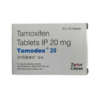

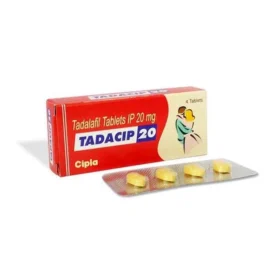
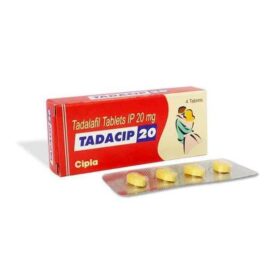


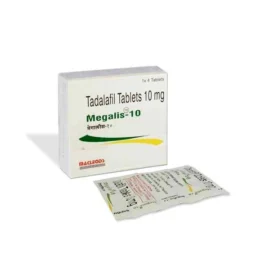


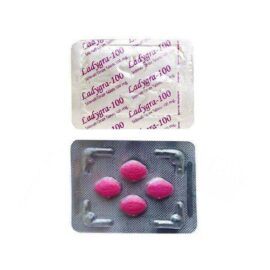






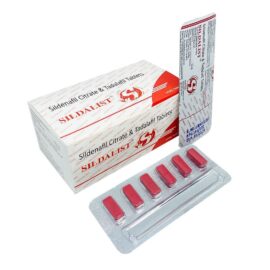
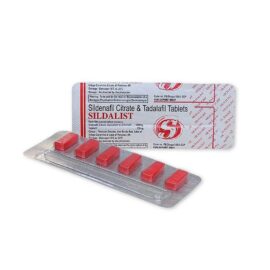
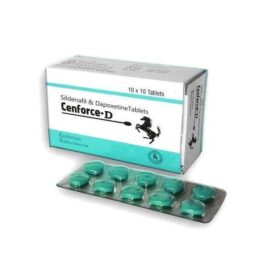


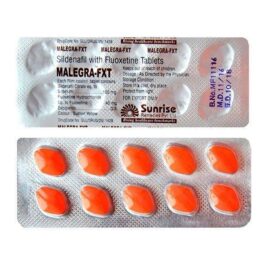
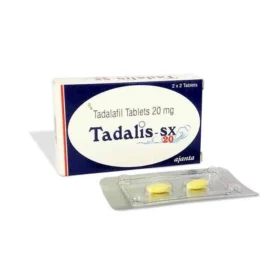
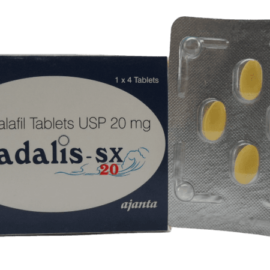
Reviews
There are no reviews yet